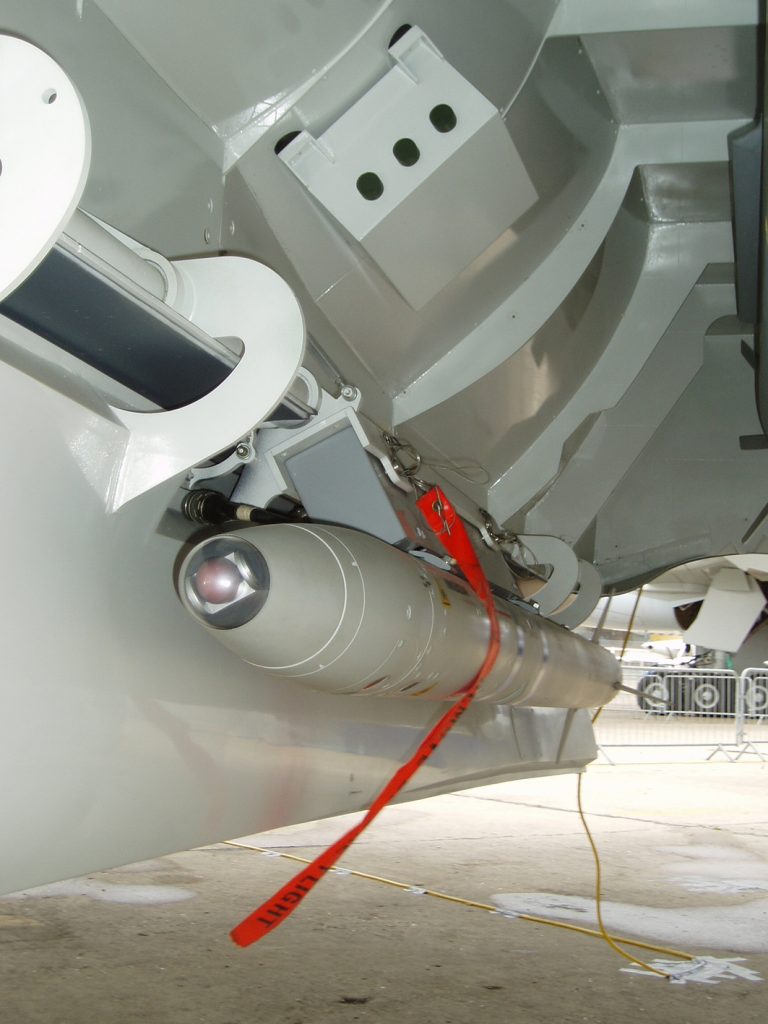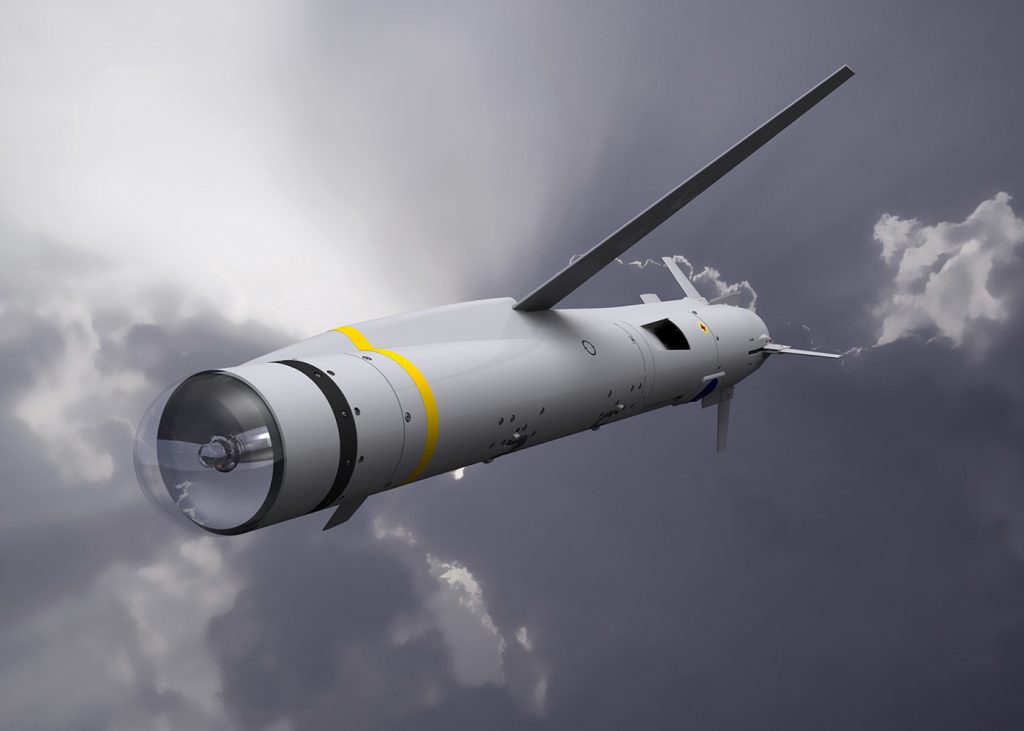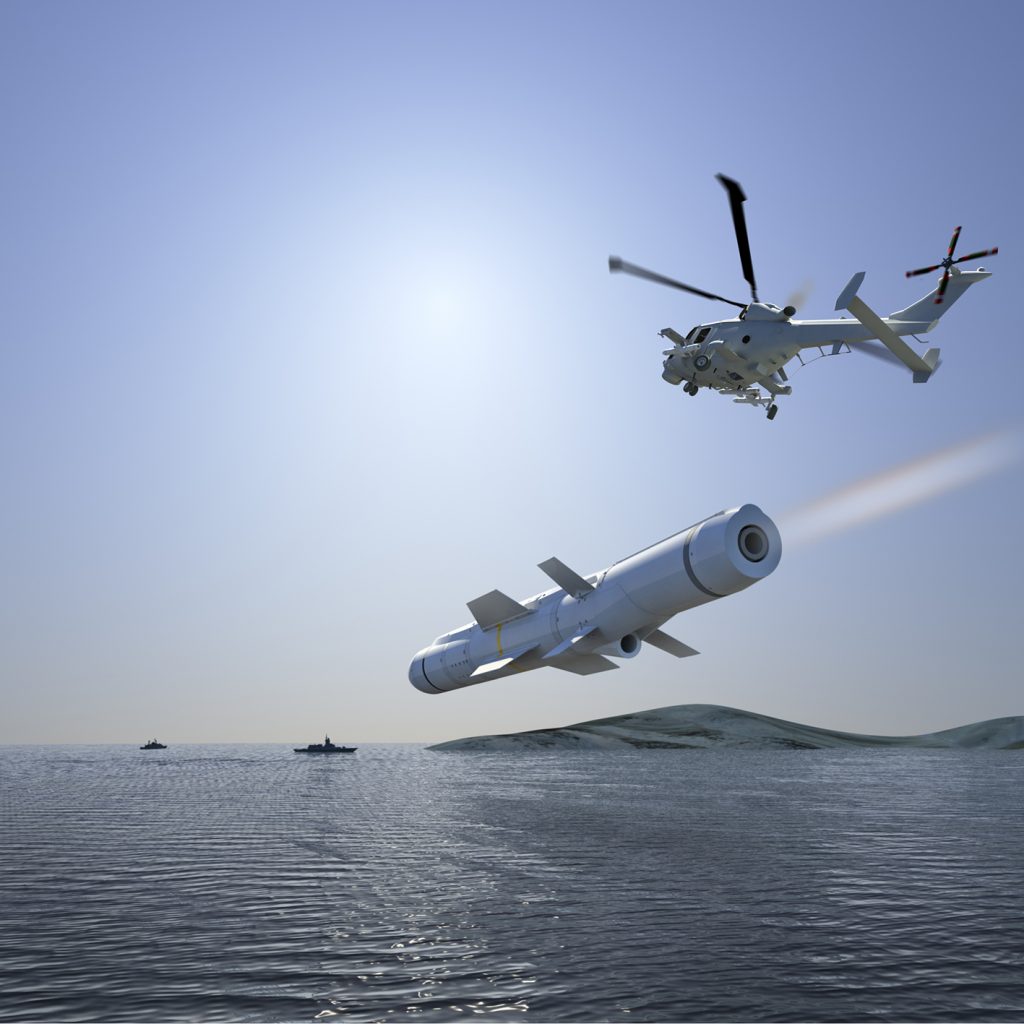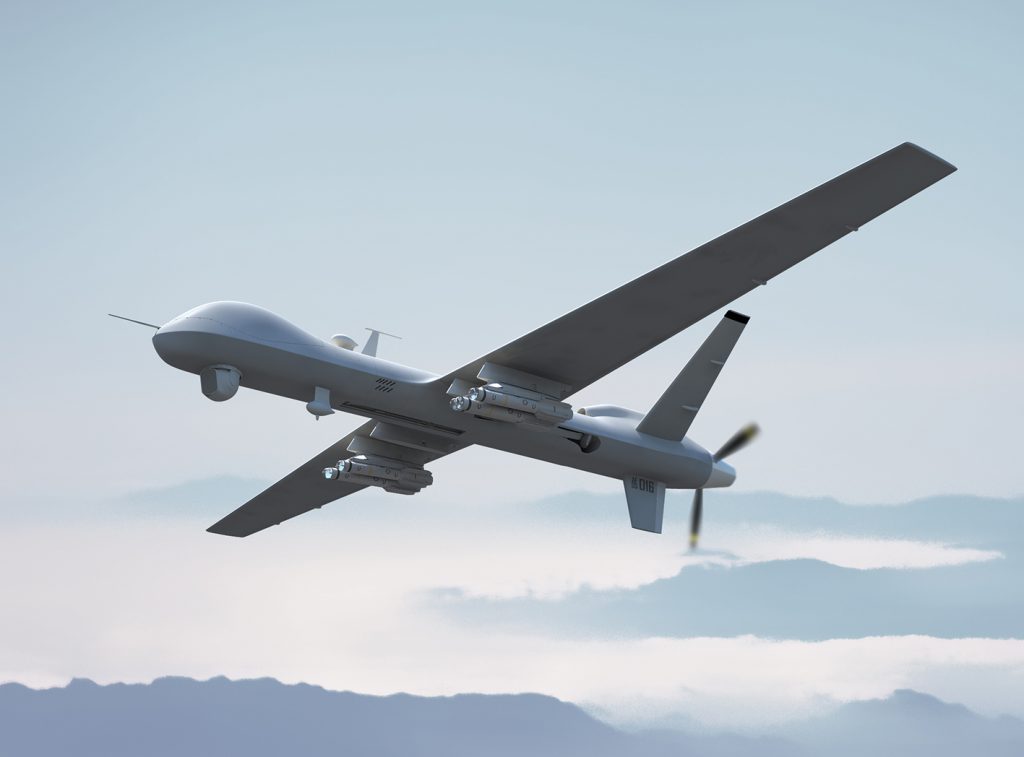MBDA Confident of the Future
By David Oliver
“2016 has been a pivotal year”, said Antoine Bouvier, MBDA’s CEO at a London press conference on 15 March. “Today’s successes will build the MBDA of tomorrow – a company with a rejuvenated workforce, an industry that is more flexibly organised across Europe and prospects that are buoyed up by our fattest order books ever. This is a company that is creating ever-tighter links with its export countries and with the allies of our home countries. It is an MBDA that is increasing critical mass year on year to ensure our European clients have the continued access they require to sovereign technologies that provide military superiority.”

Bouvier said that In 2016 for the fourth consecutive year MBDA’s orders significantly exceeded sales in value terms as new orders rose to €4.7 billion against sales of €3.0 billion. The value of the order book jumped again to €15.9 billion at 31 December 2016, giving an excellent outlook for the next five years.
Domestic orders at the remarkably high level of €3.2 billion, are helping to significantly expand MBDA’s portfolio of products.
David Armstrong, the Executive Group Director for Sales and Business Development and Managing Director of MBDA United Kingdom highlighted some of the UK successes.
In May the UK MOD signed a €400 million contract with MBDA for the Weapon Development Phase of SPEAR air-to-surface precision strike missile. In August MBDA secured an ASRAAM production order to equip the UK’s F-35. The weapon will be the first British designed missile to enter service on the F-35. More than one test firing has already taken place and Armstrong was hopeful of attracting sales of ASRAAM from other F-35 operators in the future. The UK has also contracted the development phase of the SPEAR missile that will give the F-35 a unique multi-purpose stand-off precision strike capability.

In November the UK MOD awarded MBDA a Demonstration and Manufacture contract for the Sea Ceptor air defence system integration on to the UK Royal Navy’s near Type 26 Global Combat Ships. Sea trials of the Sea Ceptor are being conducted on Type 23 frigates that will be replaced by the Type 26. This was followed by the UK and the French Ministries of Defence signing a MoU covering mid-life refurbishment of the Franco-British deep-strike SCALP/Storm Shadow cruise missiles which have been in service since 2003 by MBDA.
In March 2016 MBDA announced the Anglo-French Sea Venom/Anti-Navire Leger (ANL) helicopter-launched multirole high-subsonic surface attack missile had been fired from a Dauphin helicopter at the French DGA Essais en vol flight test centre in Cazaux in southwest France. The Sea Venom will arm the Royal Navy’s Wildcat helicopter in 2020.

During June 2016, MBDA carried out UK MOD-funded risk reduction/proof of concept firings of Brimstone 2 off an AH-64E Apache helicopter using the Modernized Target Acquisition Designation Sight and fire-control radar. These firings support MBDA’s proposed missile solution for the UK buy of AH-64E — Future Attack Helicopter Weapon (FAHW) — an enhanced Brimstone specifically designed to meet the British Army’s attack helicopter needs. Again, MBDA is confident that it will attract sales of Brimstone 2 from other AH-64E operators.
David Armstrong announced that a further series of flight trials of Eurofighter Typhoon with the Brimstone air-to-surface weapon have been successfully completed by BAE Systems. The trials are part of ongoing development work on the Phase 3 Enhancement (P3E) package for Typhoon, which will also deliver further sensor and mission system upgrades as part of Project CENTURION – the programme to ensure a smooth transition of Tornado capabilities on to Typhoon for the Royal Air Force by the end of 2018.
After ten successful firings of Brimstone from Reaper UAVs, there are plans arm Protector, which will replace the RAF’s Reaper fleet, with MBDA Brimstone 2 missiles.
In order to sustain robust growth potential in the UK, in spite of Brexit, 2017 will see an increase in recruitment by MBDA UK with another 200 hirings in addition to 400 in 2016. Last year was also marked by greater Franco-British co-operation following the ratification of an intergovernmental agreement that will facilitate internal company exchanges between the two countries and allow MBDA to optimise its industrial organisation. The agreement is considered a world first for sovereign industries.

In response to the call, in Germany’s 2016 white paper on security and the future of the German military, for deeper co-operation in European programmes and a stronger European Defence and Technological and Industrial Base (EDTIB), MBDA’s Executive Committee made a decision, effective 1 January 2017, to bring MBDA Deutschland into the integrated perimeter of the Group. The resulting reorganisation of work will tighten collaboration between teams to the benefit of MBDA Deutschland and the rest of the Group. In the framework of national regulations for defence and security, the strength of the entire Group can now be enlisted to deal with technical challenges presented by the TLVS programme that will give the German armed forces enhanced defence capabilities.
Speaking about the new Trump administration, Antoine Bouvier said that it was his strong view that co-operation with the United States will be more and more important in the future. MBDA already has strong links with US companies including the development of the ground-based tactical Medium Extended Air Defence System (MEADS) with Lockheed Martin while Armstrong added that MBDA is building precision-guided Small Diameter Bomb (SDB) stub wings for Boeing.
In the field of exports, MBDA is continuing to expand into its main client countries and has signed agreements with Polish, Indian and UAE industries. According to David Armstrong, future land, sea and air weapons, David Armstrong said that they would be defined by range but there would be subject to a trade-off between cost and capability. Antoine Bouvier said that future anti-access denial systems will require deep-strike penetration for the protection of deployed forces.
